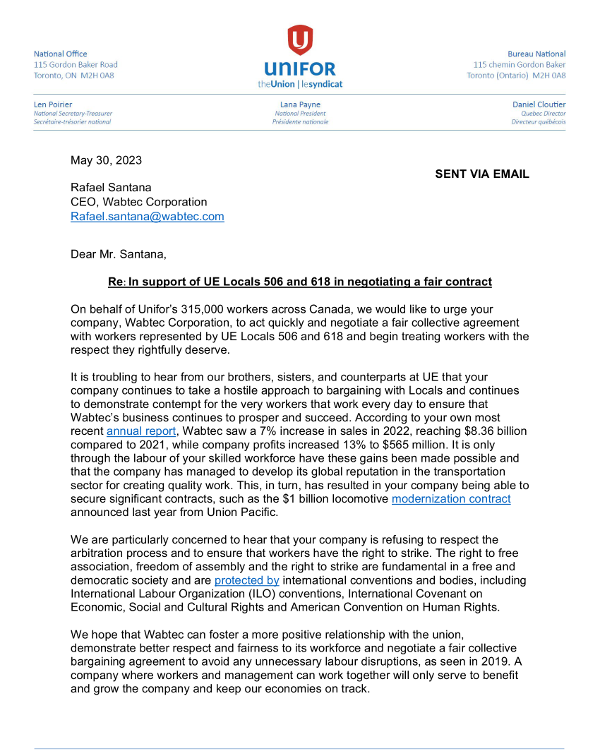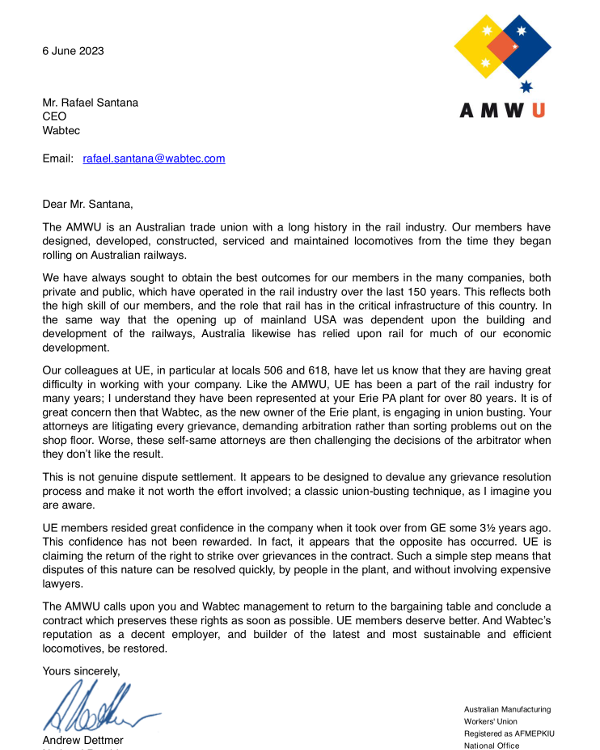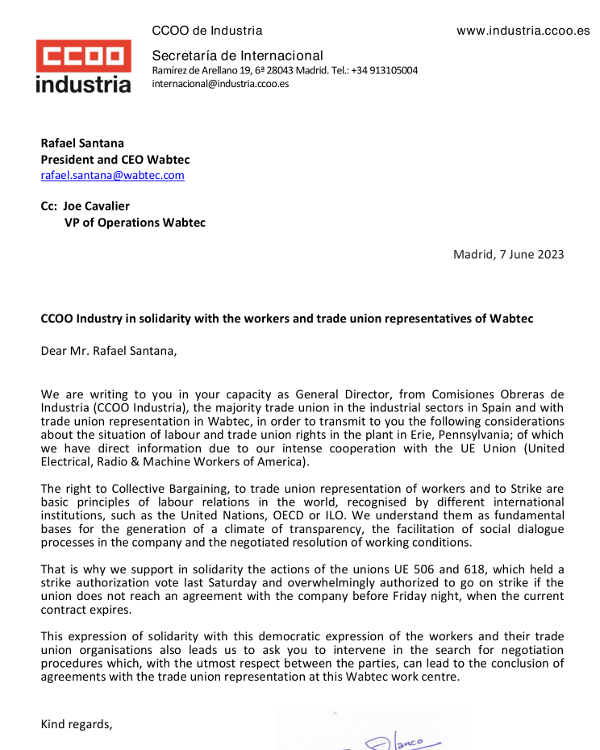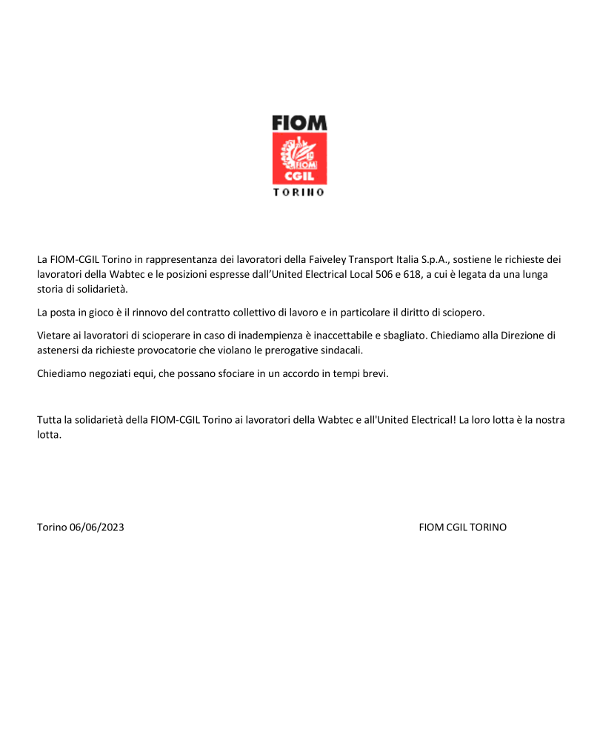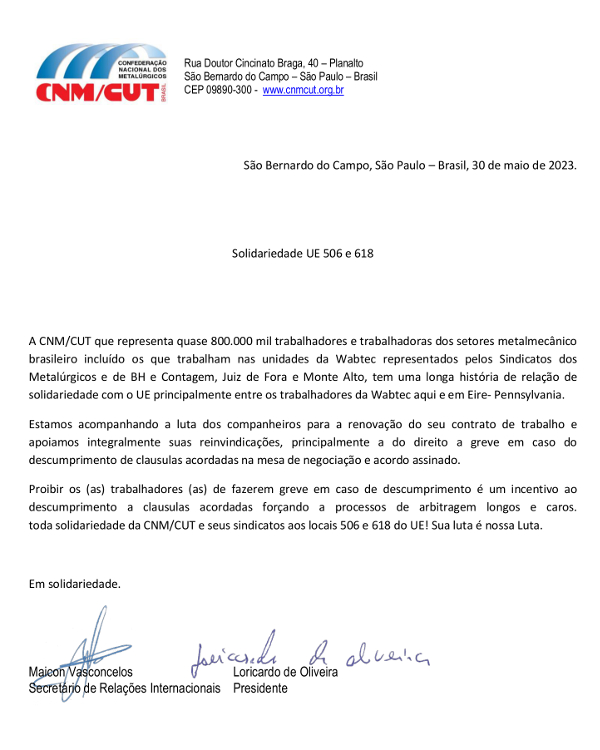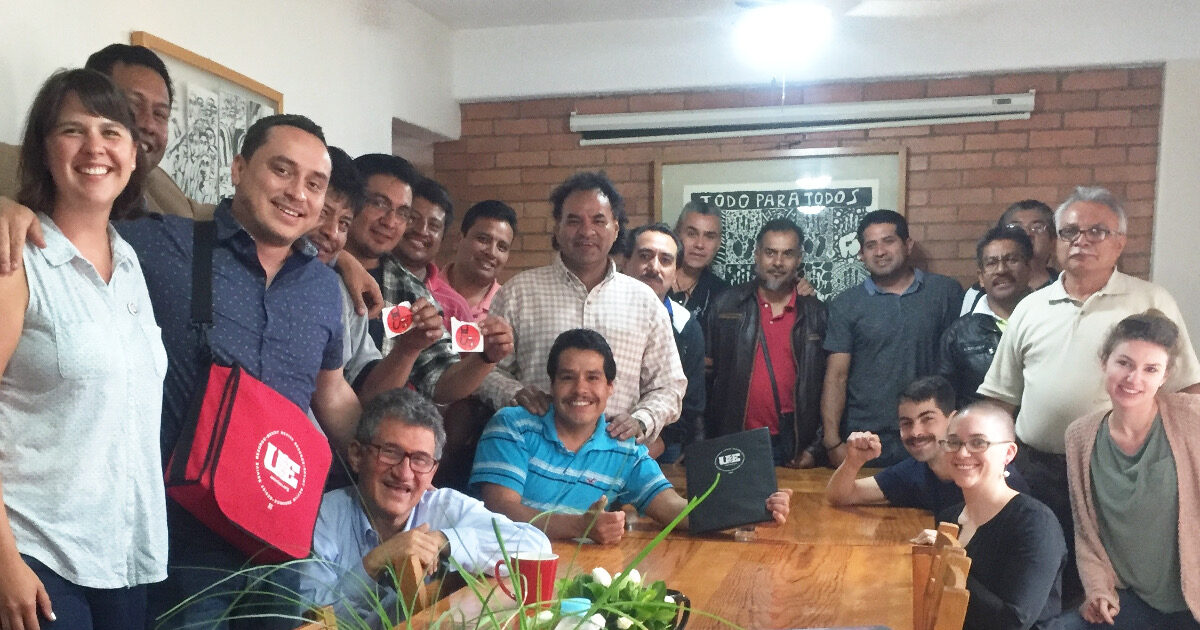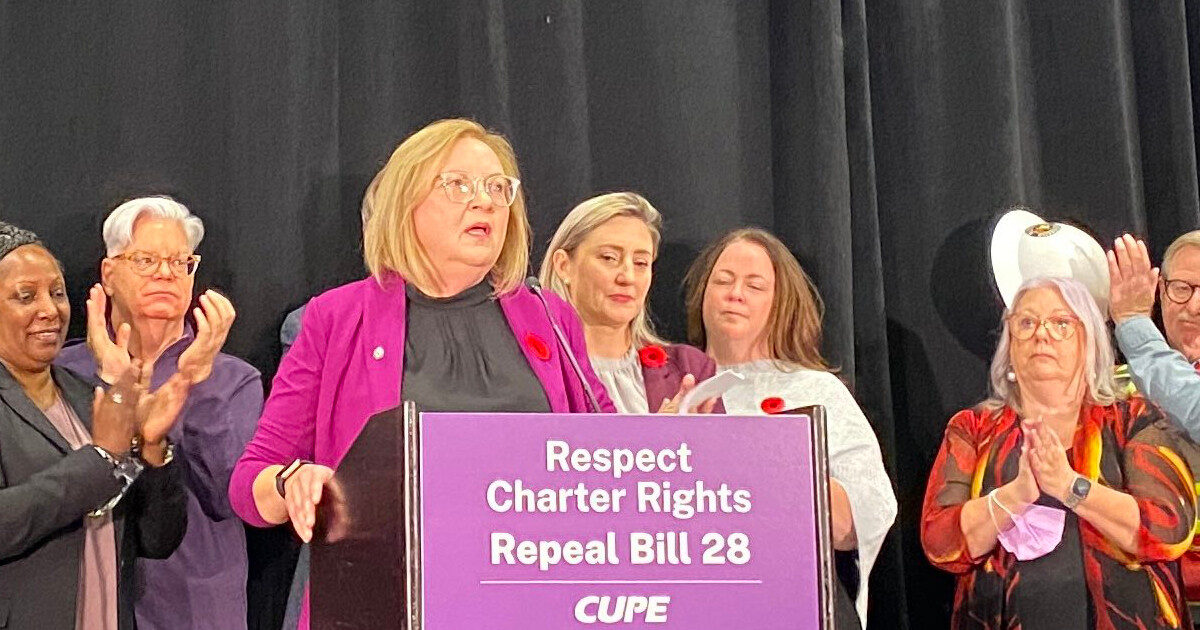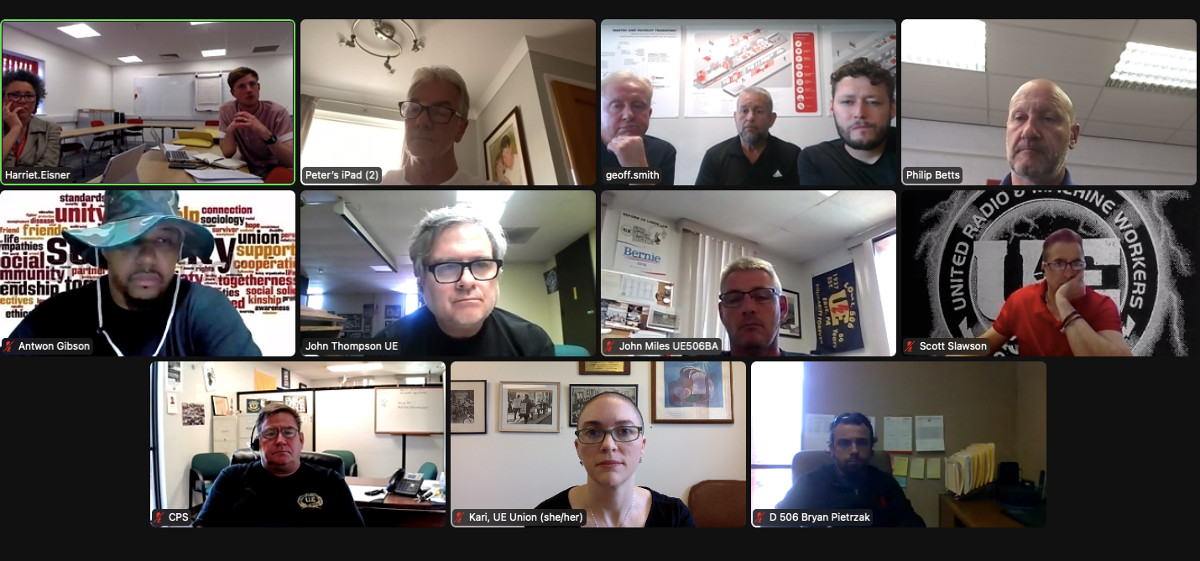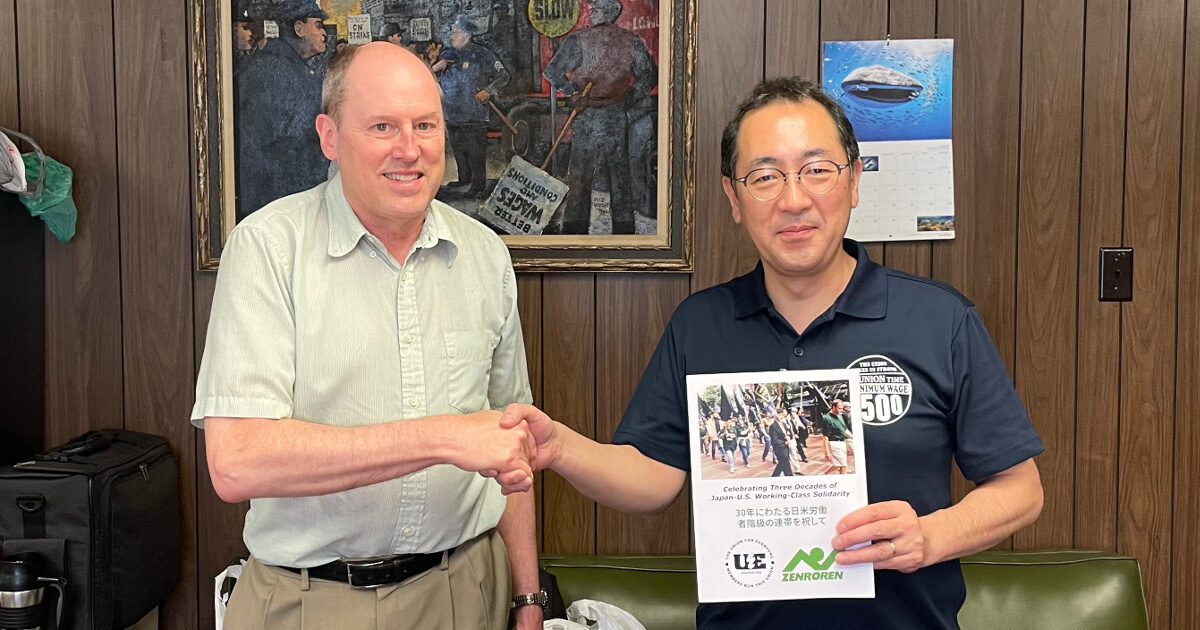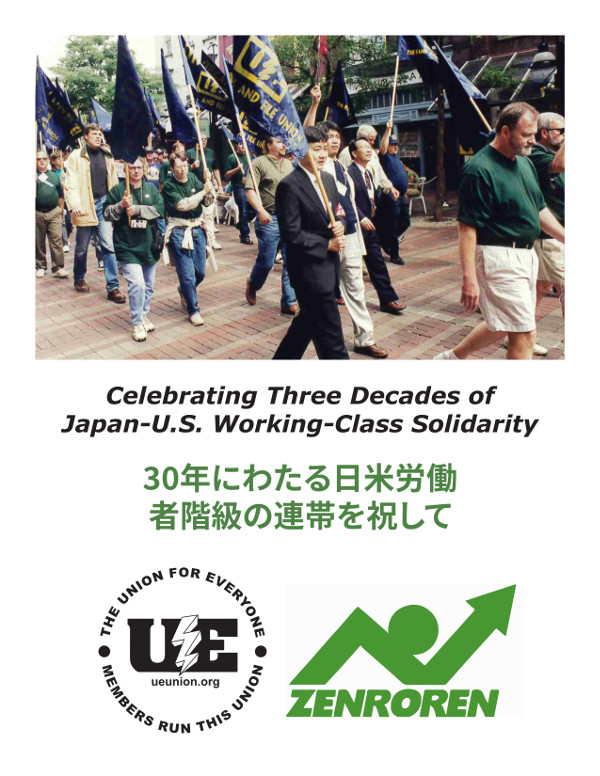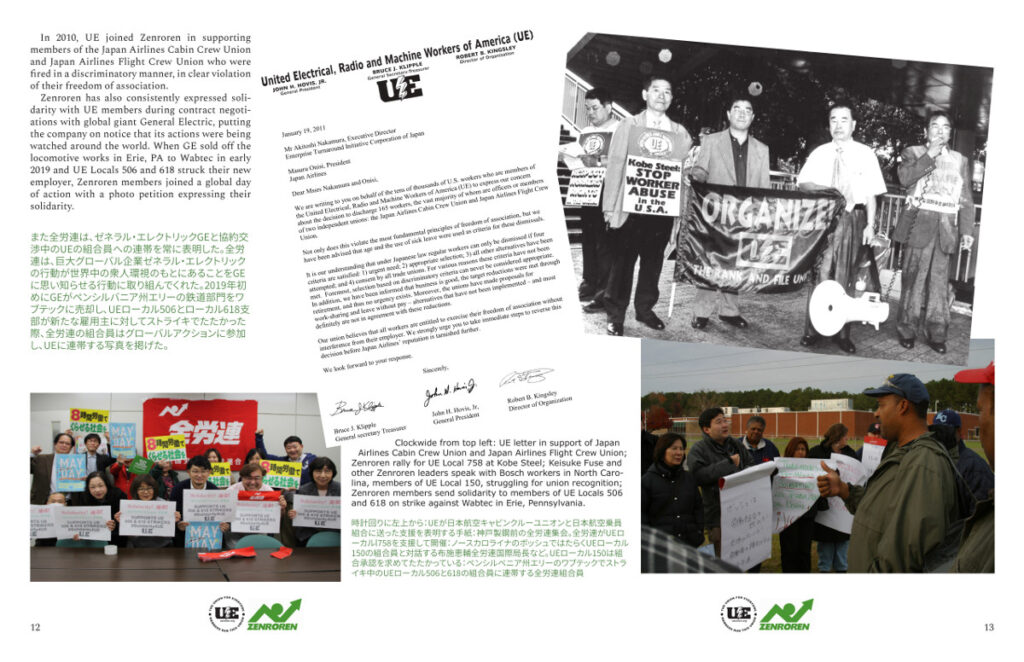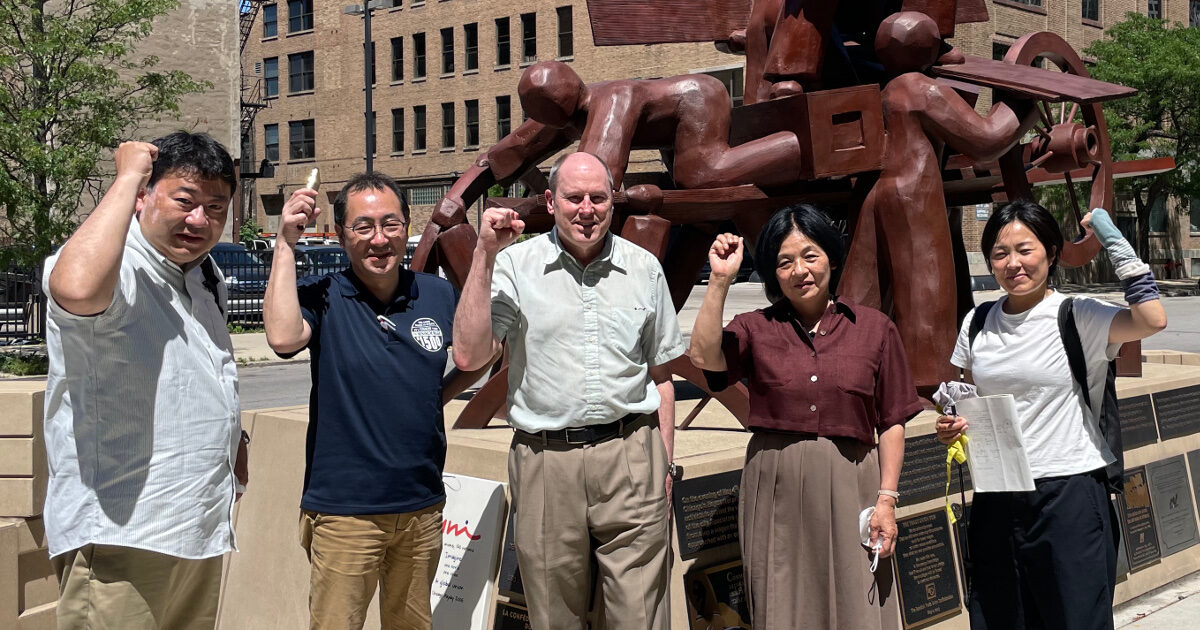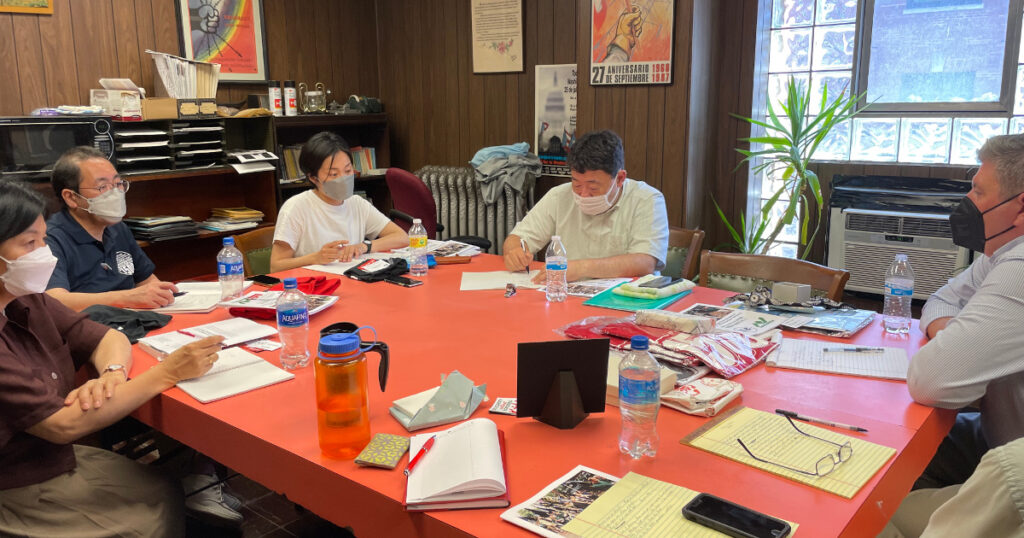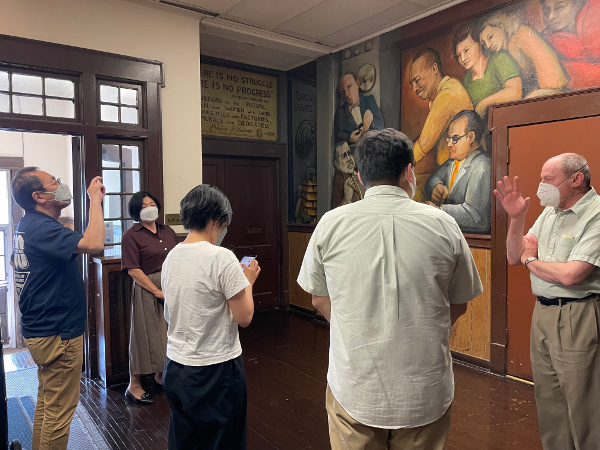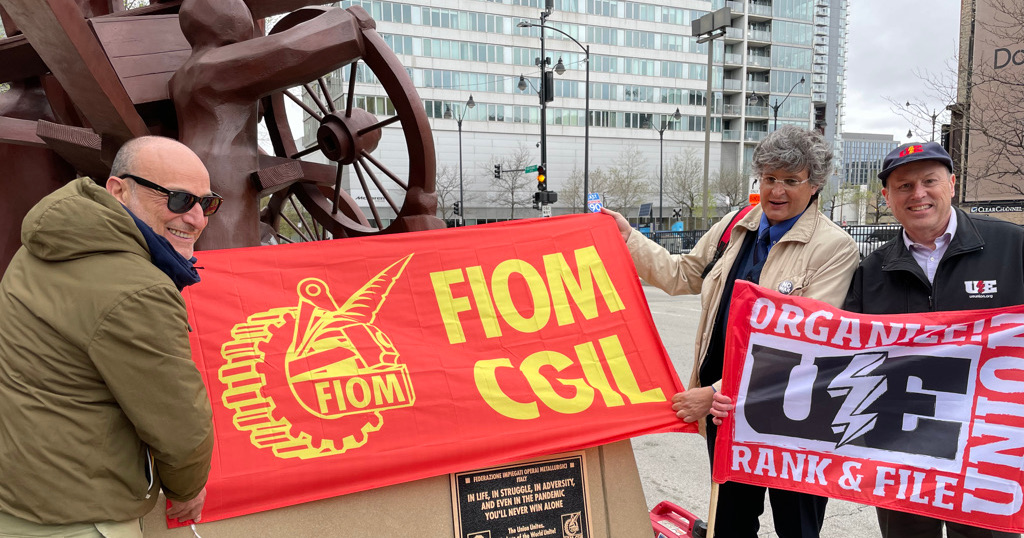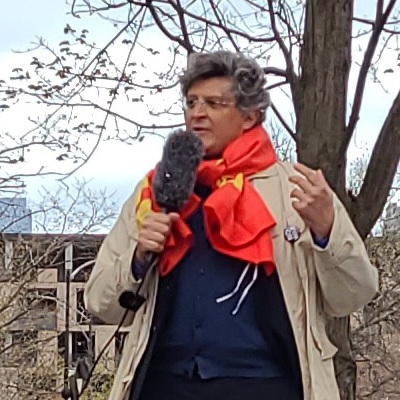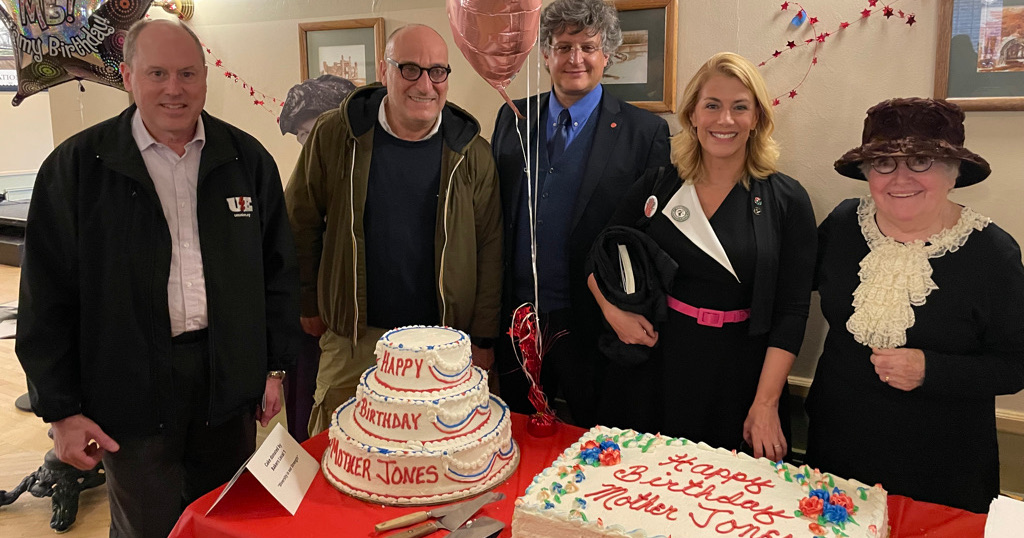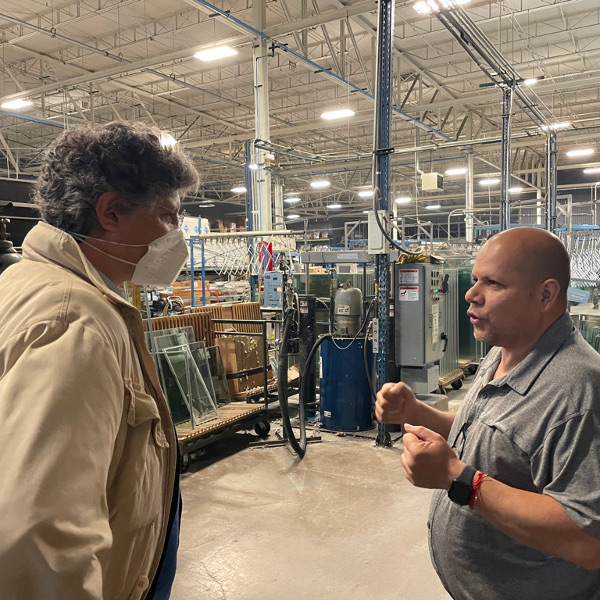On October 30, Brazilian voters elected former metalworkers’ union leader (and former two-term president) Luiz Inácio da Silva, popularly known simply as “Lula,” as president. Lula defeated incumbent president Jair Bolsonaro, a close Trump ally who during his four years in office attacked unions, encouraged violence against opponents, and oversaw massive deforestation of the Amazon rainforests — hastening climate change and putting the entire world at risk.
In a statement released after the victory, the union federation Central Unica dos Trabalhadores (CUT) called the election a “victory of hope” over “fear, coercion and corporate electoral harassment,” and over those who tolerate and encourage “violence as a method of doing politics.” In a congratulatory letter to the CUT, who have been a close UE ally for decades, UE’s officers wrote that “This is a huge victory for the working class in Brazil and around the world. Indeed it is a success for retaining our democracies and any chance of mitigating climate change.”
In his victory speech, Lula declared that “the majority of the Brazilian people made it clear that they want more democracy, not less. … [I]t is this democracy that we will seek to build every day of our government. With economic growth distributed among the entire population, because this is how the economy should work — as an instrument to improve the lives of all, and not to perpetuate inequalities.”
Coup Fears
The election — during which Lula consistently led in the polls — was marked by fears that Bolsonaro, who during his presidency regularly expressed nostalgia for the days of Brazil’s military dictatorship, would refuse to accept the results and engineer a coup.
These fears were exacerbated by the violent actions of Bolsonaro’s supporters. Leading up to the election, a personal friend of Bolsonaro’s threw grenades and opened fire on police, and an allied congresswoman pulled a gun near a Lula rally.
Perhaps more ominous were the actions of employers and the federal highway police. Over 2,500 complaints of bosses trying to coerce their workers into voting for Bolsonaro were filed with the Public Ministry of Labor. In areas where Lula was known to have widespread support, the federal highway police blocked roads and conducted vehicle searches in what many international observers considered to be a clear attempt to suppress the vote.
Following the election, Bolsonaro’s supporters began violent blockades of highways and, in some cases, calling for a military coup.
As of Tuesday, Bolsonaro has begun the process of transferring power to his successor, but notably, he did not concede defeat, saying that the blockades were the fruits of “indignation and a sense of injustice.” Political risk analyst Andre Cesar told Reuters that Bolsonaro “is keeping his more extremist followers mobilized,” and analyst Leonardo Barreto predicted that Bolsonaro will seek to copy Trump’s playbook, repeating false claims that the election was stolen.
On October 30, Brazilian voters elected former metalworkers’ union leader (and former two-term president) Luiz Inácio da Silva, popularly known simply as “Lula,” as president. Lula defeated incumbent president Jair Bolsonaro, a close Trump ally who during his four years in office attacked unions, encouraged violence against opponents, and oversaw massive deforestation of the Amazon rainforests — hastening climate change and putting the entire world at risk.
In a statement released after the victory, the union federation Central Unica dos Trabalhadores (CUT) called the election a “victory of hope” over “fear, coercion and corporate electoral harassment,” and over those who tolerate and encourage “violence as a method of doing politics.” In a congratulatory letter to the CUT, who have been a close UE ally for decades, UE’s officers wrote that “This is a huge victory for the working class in Brazil and around the world. Indeed it is a success for retaining our democracies and any chance of mitigating climate change.”
In his victory speech, Lula declared that “the majority of the Brazilian people made it clear that they want more democracy, not less. … [I]t is this democracy that we will seek to build every day of our government. With economic growth distributed among the entire population, because this is how the economy should work — as an instrument to improve the lives of all, and not to perpetuate inequalities.”
Coup Fears
The election — during which Lula consistently led in the polls — was marked by fears that Bolsonaro, who during his presidency regularly expressed nostalgia for the days of Brazil’s military dictatorship, would refuse to accept the results and engineer a coup.
These fears were exacerbated by the violent actions of Bolsonaro’s supporters. Leading up to the election, a personal friend of Bolsonaro’s threw grenades and opened fire on police, and an allied congresswoman pulled a gun near a Lula rally.
Perhaps more ominous were the actions of employers and the federal highway police. Over 2,500 complaints of bosses trying to coerce their workers into voting for Bolsonaro were filed with the Public Ministry of Labor. In areas where Lula was known to have widespread support, the federal highway police blocked roads and conducted vehicle searches in what many international observers considered to be a clear attempt to suppress the vote.
Following the election, Bolsonaro’s supporters began violent blockades of highways and, in some cases, calling for a military coup.
As of Tuesday, Bolsonaro has begun the process of transferring power to his successor, but notably, he did not concede defeat, saying that the blockades were the fruits of “indignation and a sense of injustice.” Political risk analyst Andre Cesar told Reuters that Bolsonaro “is keeping his more extremist followers mobilized,” and analyst Leonardo Barreto predicted that Bolsonaro will seek to copy Trump’s playbook, repeating false claims that the election was stolen.
Lula’s Legacy of Struggle
By contrast, the 77-year-old Lula has spent his entire life fighting for the working class, as a union and political leader.
In the 1980s, Brazilian workers played a key role in bringing down the military dictatorship that had ruled the country since 1964. They built one of the world’s strongest and most dynamic labor movements, the CUT, and organized an independent, working-class party, the Workers’ Party (known by its Portuguese initials, “PT”).
Lula emerged as one of the most important leaders of this struggle, leading strikes in defiance of the dictatorship and spending time in jail as a consequence. He led the PT during Brazil’s transition to democracy in the 80s, ensuring that strong worker protections were written into the country’s new democratic constitution.
In 2002, Lula was elected President of Brazil. During his two terms (2003-2010), his pro-worker economic policies helped significantly raise living standards for working people throughout the country. The PT administration re-industrialized the country, creating 15 million jobs and turning the country into an economic powerhouse. They also reduced child labor, empowered women, raised the minimum wage, increased real wages by 53 percent, and reduced unemployment.
In order to address Brazil’s high levels of hunger, poverty and inequality, Lula’s administration created an innovative social-welfare program – the Bolsa Familia – which provided 47 million Brazilians with assistance meeting basic health and educational needs. In 2010, the Washington Post reported that “[u]nder Lula … more than 20 million people rose out of acute poverty.”
Brazil’s economy under Lula was much less susceptible to the 2008 economic crash caused by Wall Street speculation than the “casino capitalist” economy of the U.S. under George W. Bush, and Lula pursued an ambitious foreign policy program based on diplomacy and economic cooperation. By the end of his second term he was one of the most popular politicians in the world.
Legislative Coup and Imprisonment on False Charges
Brazil’s constitution prohibits a sitting president from running for a third consecutive term, and in 2010 Workers’ Party candidate Dilma Rousseff became Brazil’s first woman president, with Lula’s backing. Rousseff was re-elected in 2014, but at the end of 2015 Brazil’s corporate and military elite saw an opportunity to reverse the gains working people had made over the past decade and a half by impeaching Rousseff, in a questionable move that UE’s General Executive Board condemned as a coup. (The newly-installed president, Michel Temer, was later revealed to be a U.S. “intelligence asset”; not surprisingly, his government was immediately recognized by the Obama administration. After the coup he pushed through a series of changes to Brazilian labor law that weakened unions, encouraged outsourcing and weakened protections on working hours.)
In the 2018 elections, Lula was leading in the polls when he was convicted and jailed on corruption charges (which he denied, and of which he was cleared in 2019). UE’s officers pointed out at the time that “In all of the judicial proceedings concerning his alleged illegal acts there was no evidence that he acted unlawfully or that he or his family profited from his position as President.” Private messages leaked in June of 2019 documented that Lula’s prosecution and conviction were politically motivated and that the judge who convicted him worked closely with prosecutors to help them obtain a conviction.
Nonetheless, the conviction made him ineligible to run for office, and he spent 19 months in prison until it was annulled by the Brazilian Supreme Court.
With the still-popular Lula out of the way, Bolsonaro — a right-wing populist who promised to combat corruption — swept into office. (While there is no evidence that Lula or Rousseff were personally corrupt, according to a nonprofit called Transparência Brasil, 60 percent of Brazil’s federal legislators at the time of Rousseff’s impeachment had been convicted or were under investigation for corruption at the time. Not surprisingly, once in office Bolsonaro made little attempt to challenge corruption.)
Challenges Ahead
In their statement, the CUT notes that “In this new period … we will have enormous challenges ahead.” Reaffirming their independence and autonomy from the government, the labor federation pledged to be in the forefront of struggles to reclaim rights taken away under the Bolsonaro government, end discrimination and expand democracy.
In their letter to the CUT, UE’s officers express their “hope that the next few weeks remain peaceful in your country and you can have a smooth transition of power. As we know in the U.S., that is not a foregone conclusion.”
They conclude, “We offer our continued solidarity as you begin the work of rebuilding after the tumultuous last several years. We look forward to standing alongside you to fight against our bosses for a better world for workers.”
